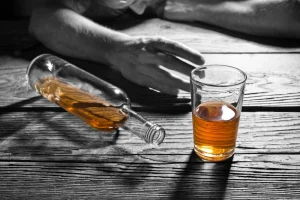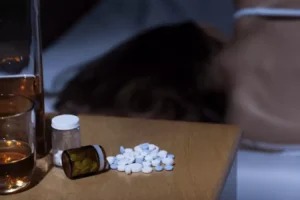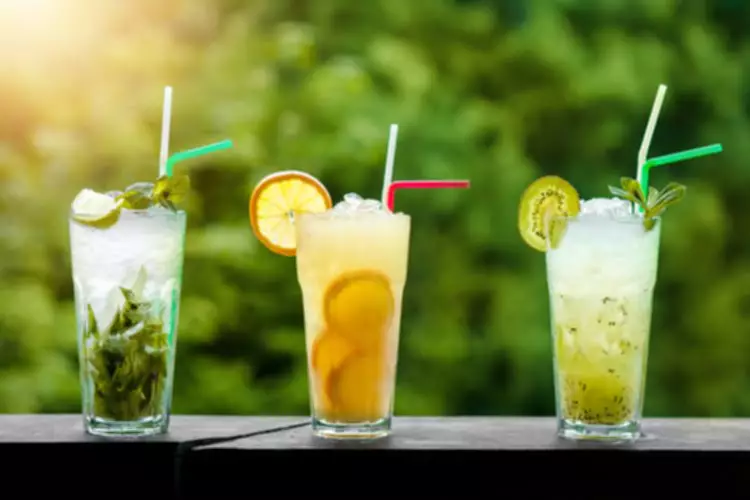
While you may not feel like exercising during withdrawal, a small amount of exercise is a great tool for coping with alcohol withdrawal. Exercise releases endorphins into your brain, creating how to stop alcohol cravings natural happy feelings within a person. Not only is exercise one of the most effective natural remedies for alcohol withdrawal, but it’s also good for your self-confidence and recovery.

Ways To Successfully Deal With The Urge to Drink During The Holidays
- This is especially important if you’re in early recovery from addiction.
- Alternatively, others adjust their dosage in order to avoid side effects.
- Find out how online treatment may be able to help you quit or cut back, 100 percent from home.
Acupuncture, for instance, has shown promise in reducing cravings for some individuals. These approaches are like the spices in your recovery recipe – they might not be the main ingredient, but they can add flavor and enhance the overall dish. Developing healthy habits and routines can also be a game-changer. Regular exercise, for instance, can help reduce stress and boost mood, making you more resilient to cravings.
Reader Success Stories
Acknowledge this natural sensation and remind yourself that it will subside. If you’re struggling with addiction, we understand the challenges you’re facing and we’re here to help.
Reach out for support
Your primary care provider may or may not be willing to prescribe you naltrexone for cutting back on your drinking if that is your goal. Naltrexone is a prescription medication that can reduce your urges and cravings to drink or to drink heavily. In our CheckUpandChoices.com app, we ask people to keep track of the date, time, intensity (1-10), and duration. This allows you to realize that urges increase and decrease in intensity over time.

Think about these ebbs and flows as though they were waves in the ocean. The urge loses its grip on you when you realize it won’t last forever. Dr. Bowen’s MP3 files (link above) offer an excellent “urge surfing” meditation. On general principle, you don’t have to reason it out yet again. Whenever you get the idea to resume drinking, you can tell that idea to go to hell.
Let’s talk about your recovery
Even after admitting you have a drinking problem, you may make excuses and drag your feet. It’s important to acknowledge your ambivalence about stopping drinking. If you’re not sure if you’re ready to change or you’re struggling with the decision, it can help to think about the costs and benefits of each choice. Managing alcohol cravings is a vital part of maintaining sobriety.
- Your physician can adjust your dosage in order to minimize side effects.
- Like deep breathing, meditation can help you stay balanced and relaxed during your withdrawal.
Get online support.
If you’re having difficulty sticking to your goal or just want some extra guidance, consider reaching out for professional support. Satisfying hobbies can distract you from wanting to drink, but they also help you relax — something everyone needs to do. Feeling at your best physically can boost resilience and emotional strength, equipping you to weather challenges that trigger the desire to drink.
Treatment and Early Recovery
We’ll also help you to book your free addiction assessment there and then, with appointments usually available within a few days. Find out how online treatment may be able to help you quit or cut back, 100 percent from home. So the next time you hear that siren song of addiction calling, remember that you have the power to resist. You have the tools, the knowledge, and the strength within you to navigate those treacherous waters and stay on course. Naming something, saying it out loud, and sharing it with someone else can take the power away.
Read this next
- You might feel a loss of control or an overwhelming desire to consume alcohol, even if you know it would have negative consequences.
- Researchers have identified cravings as being a key component of addiction.
- Initially, during acute alcohol withdrawal, they can be very intense.
- Choosing fulfilling alternatives to drinking can help manage and reduce their intensity.
You don’t need to identify as an alcoholic or put your life on hold to get help with alcohol cravings. It can take some time for a person’s https://ecosoberhouse.com/ brain chemistry to readjust after giving up alcohol. But until it does, you’ll likely experience especially strong cravings.

Your cravings might be so strong that you find it hard to concentrate or think about anything else until the craving has passed. You might also experience other difficult or unpleasant symptoms alongside your cravings. These can include anxiety, sleep problems, irritability, low energy and poor appetite. If you’ve recently quit drinking, you may also be experiencing post-acute withdrawal syndrome (PAWS). This is very common in alcohol recovery, and happens after the most severe symptoms of physical withdrawal have ended. Genetics can play a role in the likelihood of developing alcohol use disorder (AUD), and help in the effectiveness of naltrexone itself.













